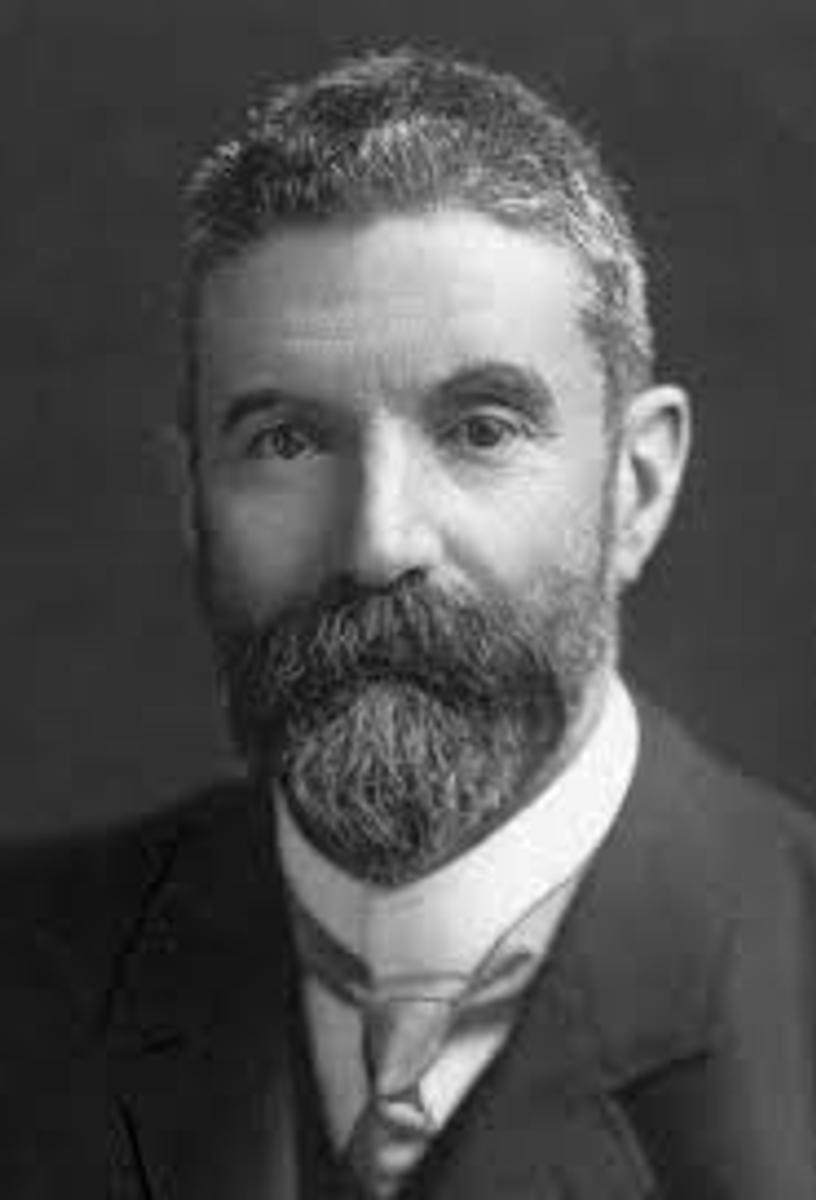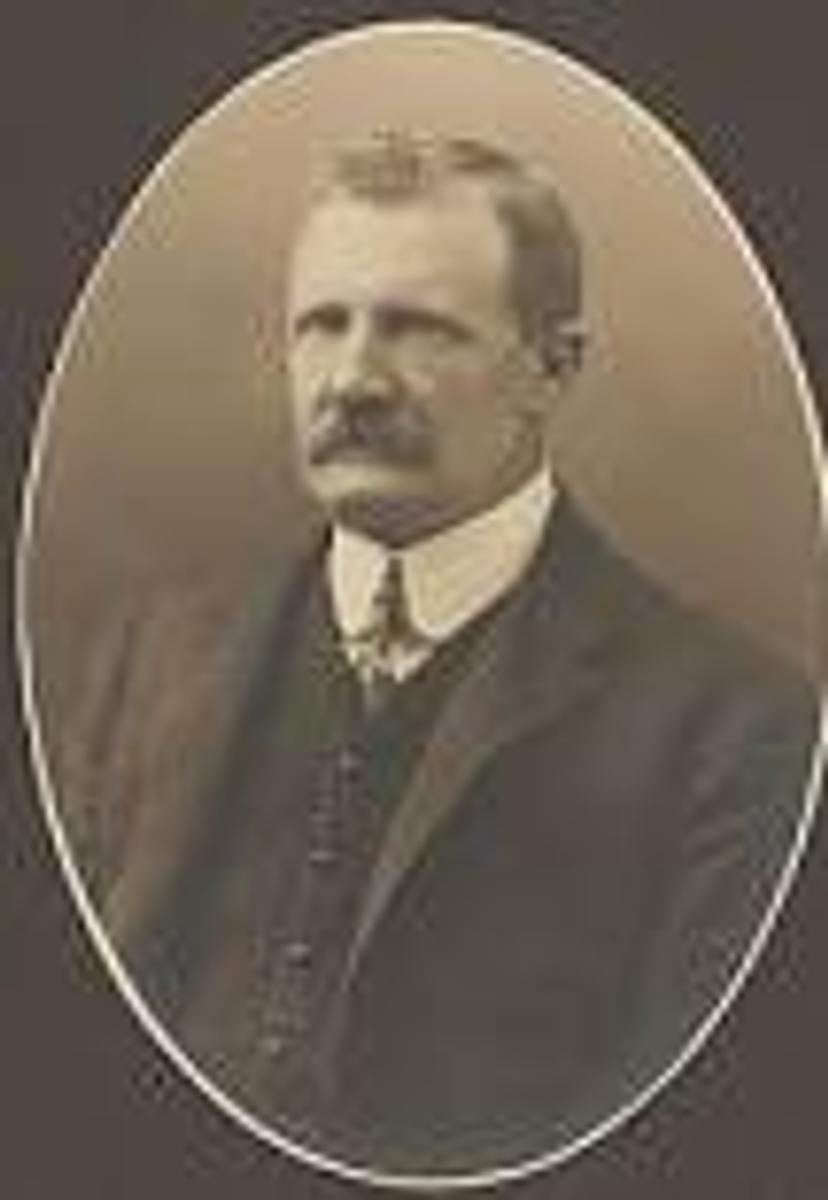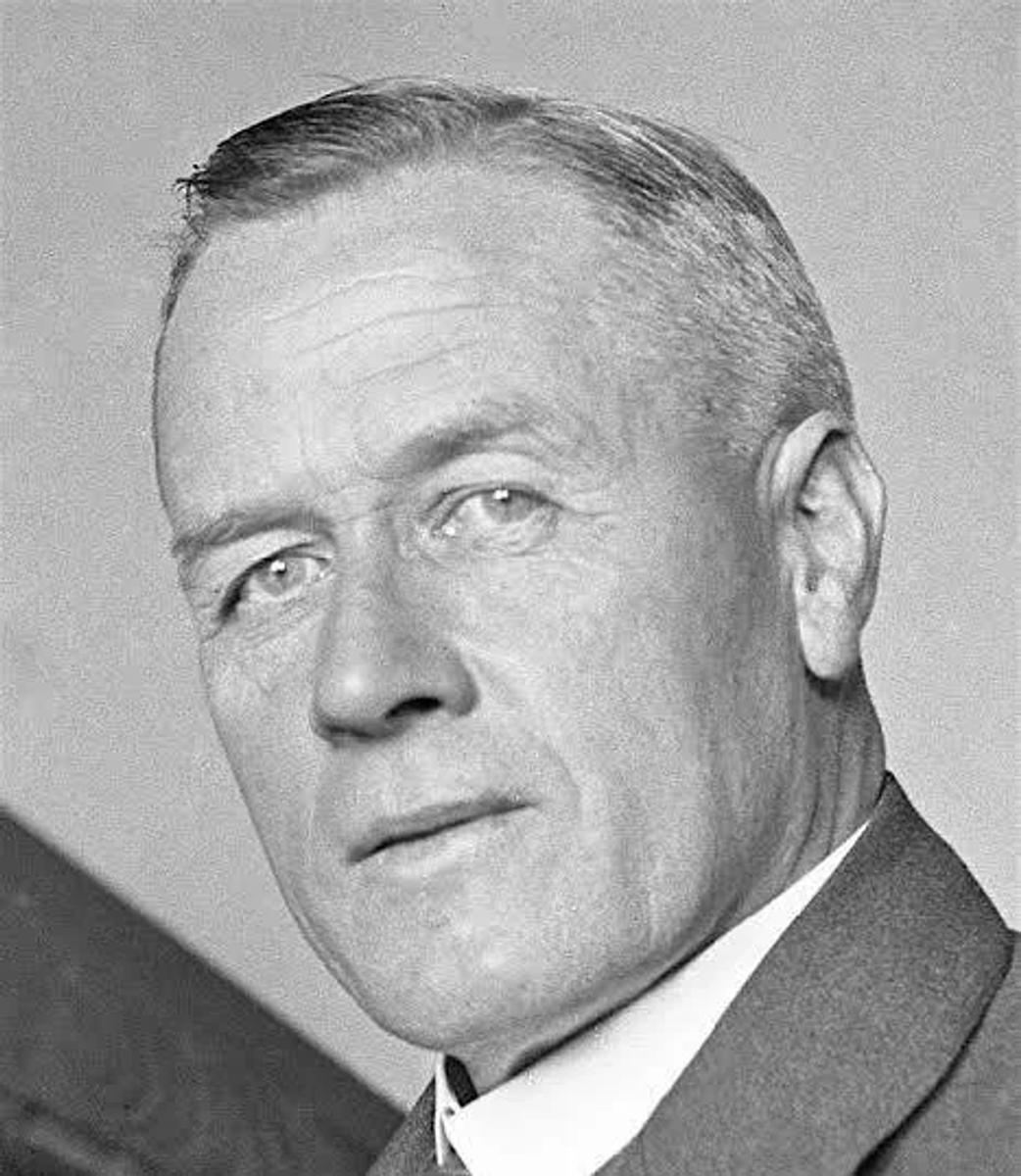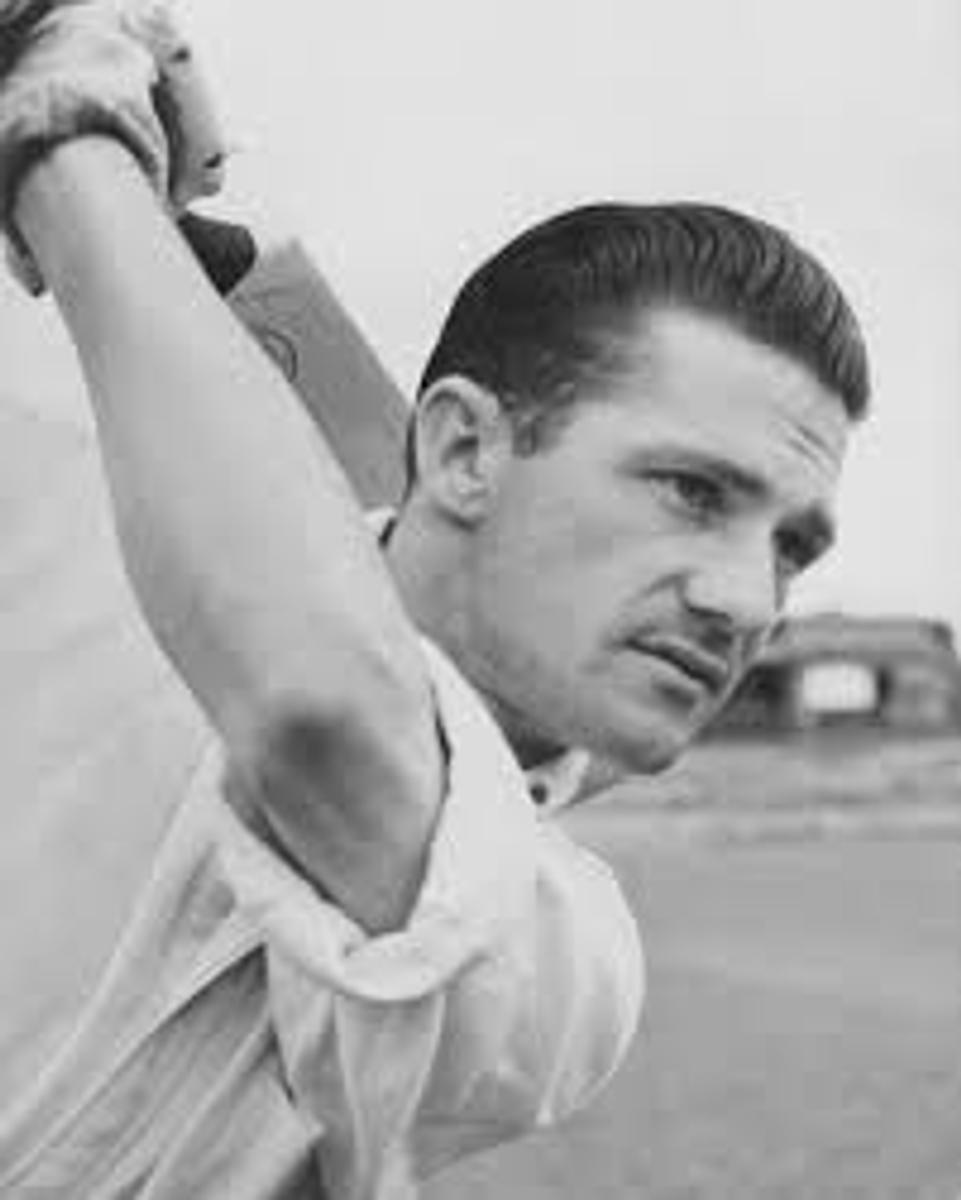Principal`s Message
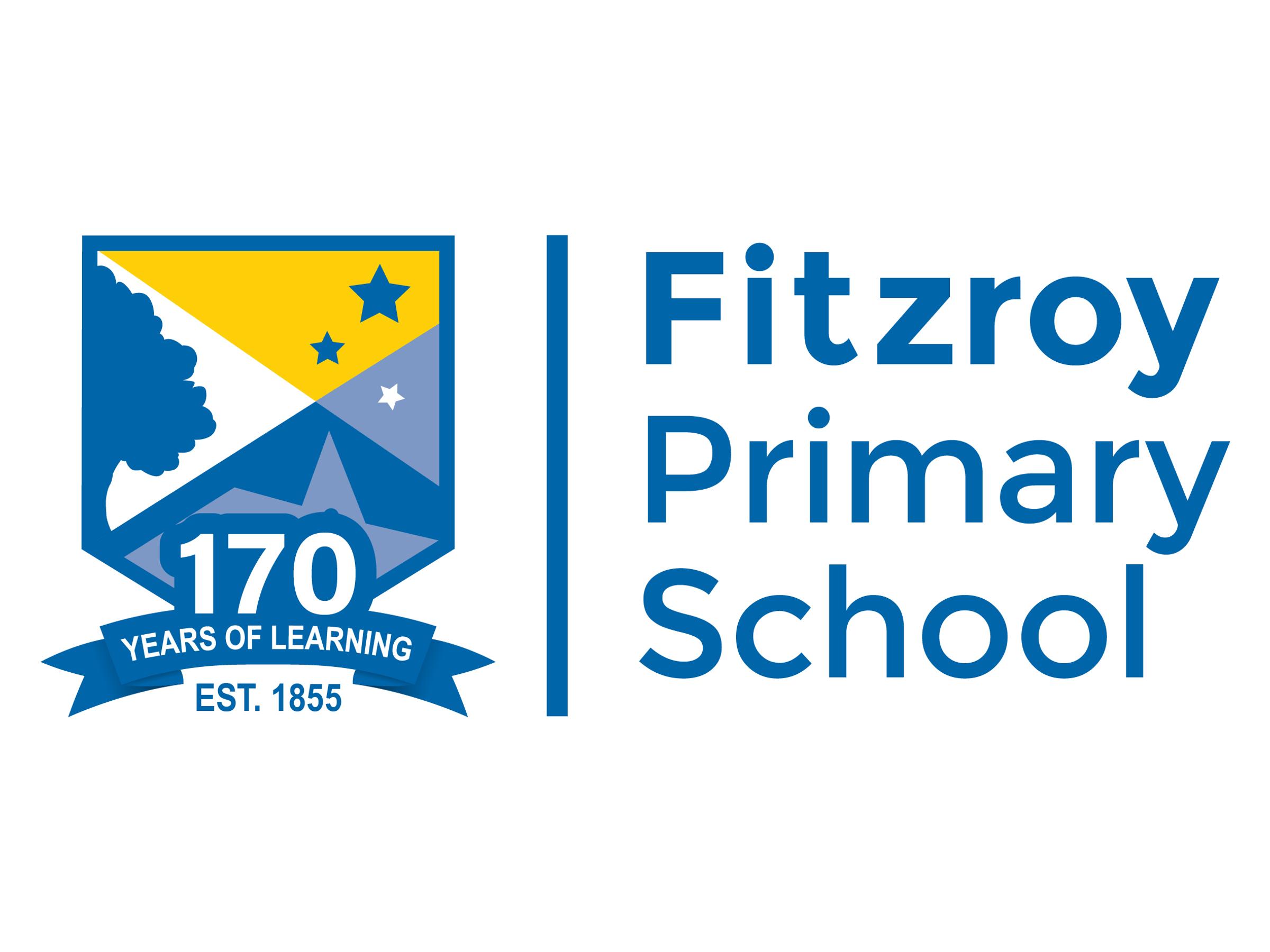
Earlier this week, our Grade 3/4 students were treated to a special visit from author and former student Chris Bennett. Chris shared stories of his childhood in Fitzroy and his time at George Street School during the 1960s. His vivid recollections painted a picture of a vibrant community and a school that has long been a cornerstone of local life.
As we approach the end of our 170th birthday celebrations, Chris’s visit has sparked curiosity and reflection. It’s remarkable to think about the many lives that have passed through our classrooms over the decades. Who else might have walked these halls? What stories remain untold?
George Street School has always been more than just a place of learning; it’s a living archive of Fitzroy’s history. We invite our community to share memories, photos, or stories of past students and staff. Let’s celebrate not just 170 years of education, but 170 years of connection, growth, and legacy.
We’re also looking forward to welcoming our alumni, from our oldest to our newest, at our school fete on Saturday, November 15th. It will be a wonderful opportunity to reconnect, reminisce, and celebrate the generations who have helped shape Fitzroy Primary School.
Fitzroy Primary School Honours Its Distinguished Alumni
Fitzroy Primary School has long been a cornerstone of education in Melbourne’s inner north, and its legacy is reflected in the remarkable achievements of its former students. Among them are four individuals whose contributions to Australian law, politics, and sport have left an indelible mark on the nation. (source: Vision and Realisation - Century of Education)
Alfred Deakin (1856–1919)
Australia’s second Prime Minister and a founding father of Federation, Alfred Deakin, was born at 90 George Street, Fitzroy. While records are inconclusive, it is widely rumoured that Deakin attended school locally, possibly Fitzroy Primary. His early years in the suburb shaped a brilliant career in law, journalism, and politics. Deakin was instrumental in drafting the Australian Constitution and served three terms as Prime Minister. His legacy as a visionary leader and nation-builder continues to inspire generations of Australians.
Sir Robert Wallace Best KCMG (1856–1946)
Born in Collingwood and educated at Templeton’s School in Fitzroy, now Fitzroy Primary School, Sir Robert Best exemplified civic dedication. He began his career as a solicitor and quickly rose through the ranks of public service, serving as mayor of Fitzroy in the late 1880s. His political career spanned both state and federal levels, including terms in the Victorian Legislative Assembly, the Senate, and the House of Representatives. As a cabinet minister in Alfred Deakin’s government, Best played a key role in shaping early federal policy. His journey from Fitzroy council chambers to Canberra’s corridors of power is a testament to the transformative power of education and community engagement.
Sir John Greig Latham GCMG PC QC (1877–1964)
A towering figure in Australian legal and political history, Sir John Latham served as the fifth Chief Justice of Australia from 1935 to 1952. Before ascending to the High Court, he held key political roles including Attorney-General under Prime Ministers Stanley Bruce and Joseph Lyons, and was Leader of the Opposition from 1929 to 1931. His leadership of the Nationalist Party marked a pivotal era in Australian politics. Latham’s legacy is one of intellectual rigour and public service, and his early education in Fitzroy laid the foundation for a life of national impact.
Neil Harvey (b. 1928)
A cricketing legend and one of Australia’s most celebrated sportsmen, Neil Harvey grew up in Fitzroy, where he and his five brothers honed their skills in the laneways and backyards of the suburb. Harvey made his Test debut at just 19 and was the youngest member of Don Bradman’s 1948 “Invincibles” team. Known for his flamboyant stroke play and exceptional fielding, Harvey scored 21 Test centuries and was vice-captain of the national team for much of the 1950s. His contributions to cricket earned him a place in the Australian Cricket Hall of Fame and the ICC Hall of Fame. Harvey’s story is one of grit, talent, and the enduring spirit of Fitzroy.
These alumni remind us that great achievements often begin in humble classrooms. Fitzroy Primary School is proud to have played a part in shaping the lives of such influential Australians. Their stories continue to inspire our students to dream big and strive for excellence.
Pupil Free Day
Just a reminder that Monday 3rd November ( Melbourne Cup Eve) is a pupil free day.
Respectful Relationships
This term, our Respectful Relationships curriculum will focus on Gender Norms & Stereotypes and Positive Gender Relationships. We’ll begin by exploring how gender norms shape our experiences and how we can challenge stereotypes in constructive ways.
Students will:
- Reflect on their identity by considering their likes, dislikes, and strengths
- Build awareness of both positive and negative gender norms
- Learn to challenge harmful stereotypes
- Develop an appreciation for difference and diversity
These conversations are designed to help students better understand themselves and others, and to foster respectful, inclusive relationships.
Resources for Parents & Carers
Here are some great books to read with your children that support these themes:
- The Paper Bag Princess – Robert Munsch
- Julian is a Mermaid – Jessica Love
- My Shadow is Pink – Scott Stuart
- Tough Guys (Have Feelings Too) – Keith Negle
Online Resources:
- https://raisingchildren.net.au/toddlers/development/toddlers-social-emotional-development/healthy-attitudes-to-gender-children-teens
- https://www.abc.net.au/listen/programs/lifematters/9602710
One Ball Program
Our Grade 5 students will continue participating in the One Ball program every Friday morning. This soccer-based initiative is all about building character through sport. It promotes teamwork, perseverance, respect, and fair play — all while having fun and forming positive relationships.
“One Ball School Program Partnership transforms the lives of students in Melbourne through innovative soccer programs and character-building workshops. Our Positive Kick Soccer Program not only enhances soccer skills but also instills values of teamwork and resilience. Through interactive workshops, we foster personal growth and a positive mindset, equipping students with tools for success.”
You can learn more about the program at:
-Scott Burton, Principal

